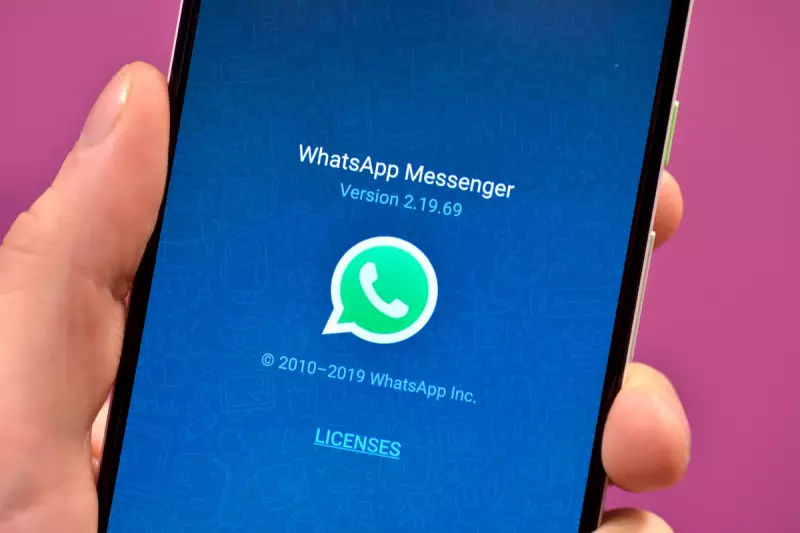
Russian officials have signalled plans to potentially block WhatsApp, escalating the government's campaign against foreign-owned digital platforms. The move follows years of tensions between Moscow and global tech firms over data control and online freedoms.
Messaging Apps in the Crosshairs
The proposal to restrict WhatsApp emerges as Russian authorities intensify scrutiny of international messaging services. This development comes after Russia's long-running battle with Telegram, which faced temporary blocks before being allowed to operate again.
Digital Sovereignty Push
Analysts suggest this latest threat forms part of Russia's broader 'digital sovereignty' strategy, seeking to reduce reliance on Western technology platforms. The government has progressively introduced legislation requiring tech companies to store Russian user data locally and comply with content removal requests.
Public Reaction and Alternatives
The potential WhatsApp ban has sparked concern among Russian users who rely on the service for personal and business communications. While domestic alternatives exist, many citizens prefer internationally established platforms for their encryption features and global connectivity.
Broader Internet Control Measures
This development coincides with Russia's increasing internet regulation efforts, including:
- Expanded surveillance capabilities
- Requirements for pre-installed Russian software on devices
- Growing pressure on VPN services
- Development of a sovereign internet infrastructure
Digital rights advocates warn these measures could significantly impact online freedoms and access to information in Russia.




